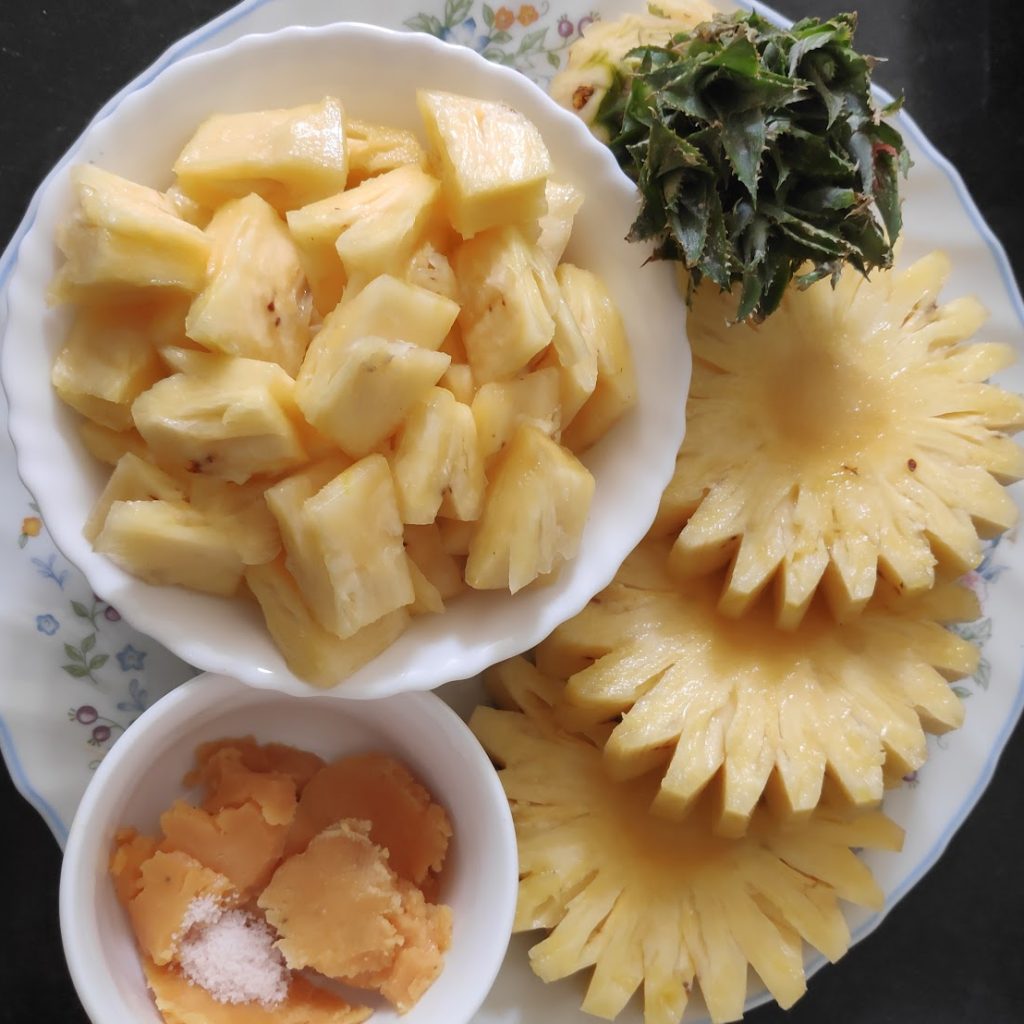
Kakdi Tomato chi Koshimbir (Cucumber and Tomato Salad)
Cucumbers are low in calories but high in many important vitamins and minerals and are a refreshing, nutritious and incredibly versatile addition to any meal. To maximize their nutrient content, cucumbers should be eaten unpeeled. Cucumbers are great eaten raw as a low-calorie snack. They contain antioxidants, including flavonoids and tannins, which prevent the accumulation of harmful free radicals and may reduce the risk of chronic disease. The large amount of water in cucumbers can help keep you hydrated, and the fiber content in them helps prevent constipation and regulate bowel movement. They are also good for bone health because of the Vit K in them. The lignans in them may help prevent osteoporosis, heart disease, and some cancers.



